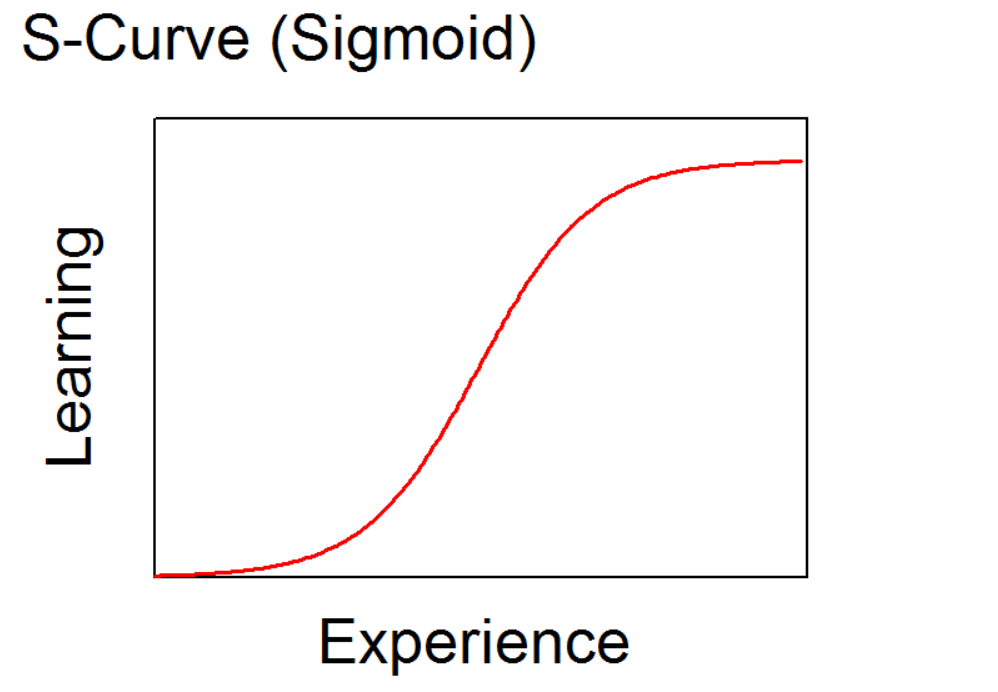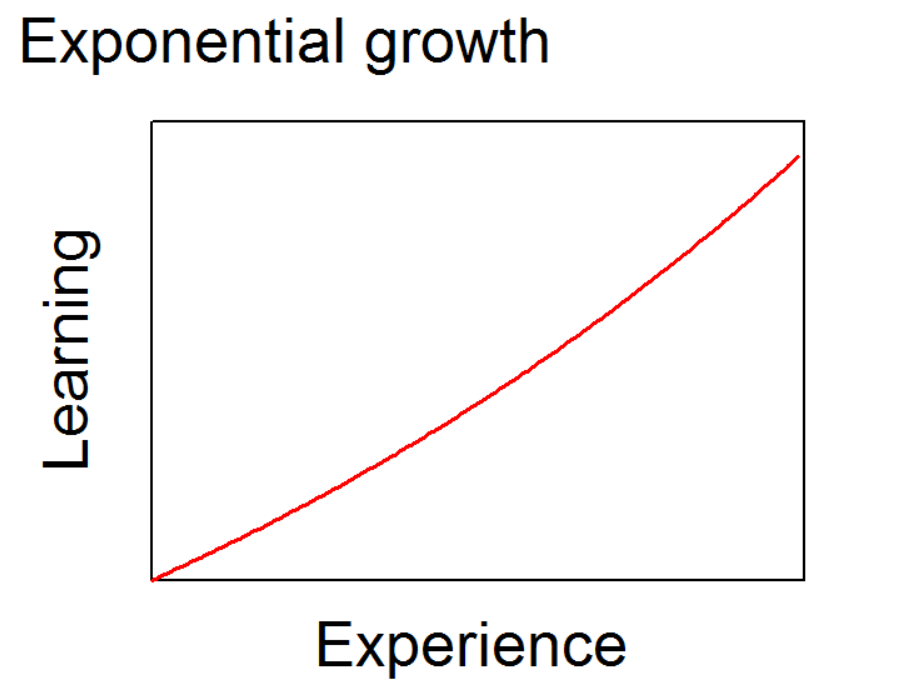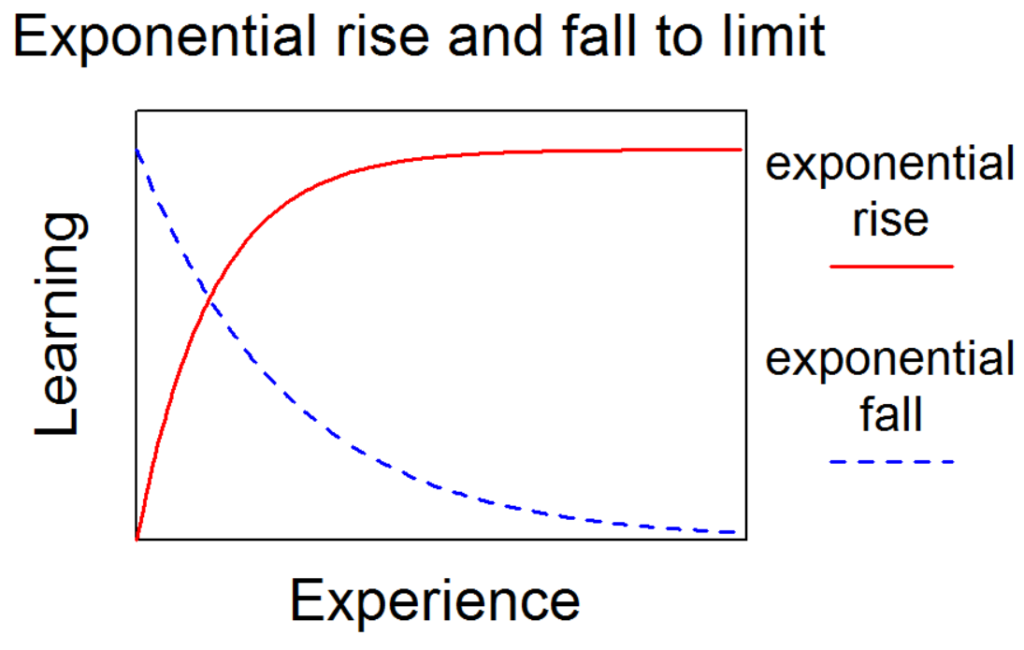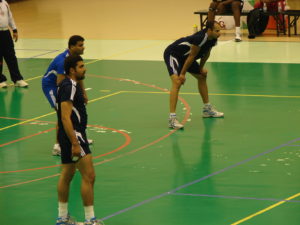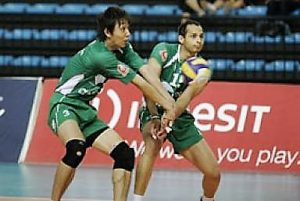Oftentimes we have the desire to learn but most of the time we are not willing to learn. I would even say that the problem is, we don’t know how to learn.
The main reason why it’s hard to learn it’s not because we don’t have the ability to do the task required. It’s because we are not willing to do those tasks.
It’s hard because almost all the time it requires unlearning something. It takes humility to recognize that what we’ve been doing isn’t working or isn’t as efficient as we thought. It also takes industriousness because it requires us to do something we’ve been ignoring or don’t want to do.
Whenever acquiring a new skill, we’re boarding into a learning curve process. This learning curve has different shapes and ways depending on the skill we’re learning, the environment, and our own individualities.
Hermann Ebbinghaus was the first one who applied the learning curve.
Even though it was originally in Psychology and economics, it can be applied to any learning process including volleyball.
Here are some representations of the learning curve.
Whenever starting to learn a skill – individually and as a team, we do so with illusion, joy, and excitement. The reason for this is that in general, at the beginning of the learning curve, the pace of learning grows rapidly. As the curve starts to turn horizontally, our excitement starts to fade out, and from there it’s all about how much we want to learn and how long we want to get in the learning process.
The current outcome base culture also makes it hard to learn. The drive for rankings, for finishing in first, for aim to perfection, all this makes that we give up too early in our patch to master a skill.
Once we see a person or team performing a skill better than us, when we lose a game or fall short on reaching a goal, we feel like we’re a fraud and forget all the progress we’ve made.
The learning curve is even harder to get through when we’re learning a skill as a team. Learning to communicate with each other, to trust each other, to be resilient, and to be generous is way more complex. It requires a conscious effort of all the members to consistently bringing their best version to the table day by day.
Learning and mastering a skill will determine our success individually and as a team. Understanding that it takes time to master a skill and that it requires boarding to a learning curve process will free us of feeling like a fraud when we face temporary failures.
Shifting from an outcome-result perspective to a learning curve process perspective is the path to mastering a skill and be successful in volleyball and any aspect of life. That said, measure success for what you learn not for what you achieve.
